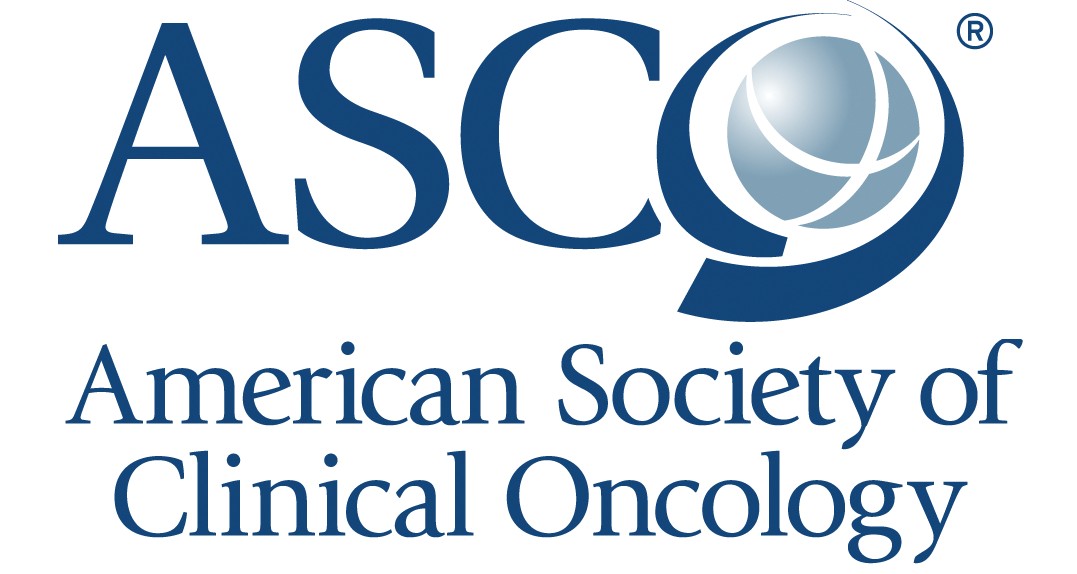Share this Page:
Adjuvant therapy is medication that is given in addition to surgery to try to prevent the cancer from coming back. Adjuvant therapy can be used to kill any remaining microscopic cancer cells, or it can control the growth of any remaining cancer.
Nephrectomy is the standard of care for kidney cancer; however, in between 20-80% of patients the cancer comes back after nephrectomy (recurrence). Adjuvant therapy would help to prevent recurrence of the disease after nephrectomy in patients with high risk locally advanced kidney cancer. Both targeted therapies and immunotherapies have been tested as adjuvant therapies for kidney cancer, but the benefit for patients has been inconsistent.
During this discussion session at the American Society of Clinical Oncology (ASCO) Annual Meeting this week, Deb Maskens, a founding member and former Vice Chair of the IKCC, presented the patient perspective about the cost and effectiveness of adjuvant therapy for people with kidney cancer.
There is a high unmet need for adjuvant therapy for kidney cancer patients to help them live longer with a better quality of life. The ideal adjuvant therapy would allow for patient selection based on individual risk, provide a clear benefit to patients, be tolerable with no long-term side effects and be affordable, accessible, and acceptable to patients and their families.
Patient views about adjuvant targeted therapies (tyrosine kinase inhibitors, TKIs) were negative. A survey by KCCure indicated that patients would only take adjuvant therapy if there was a clear survival benefit (25%) or a prolonged period where they remained cancer free on follow-up scans (60%). The uptake of adjuvant TKIs has been poor due to lack of survival benefit and known side effects.
For adjuvant immunotherapy, half of all patients who were surveyed expect a reduction of the risk of their cancer returning by 40-50%. Less than 10% of patients would decline adjuvant immunotherapy to avoid the risks of side effects; however, about 50% would accept the risk of the use of steroids if that risk was in the range of 20-25%.
So, for which patients is adjuvant therapy wise? Patients need to consider side effects (about a fifth of patients have serious or life-threatening side effects on immunotherapies, and 20% stop treatment because of this), over treatment, drug costs (in countries without a state health system), time on the medication, and quality of life while on the medication.
Is early treatment healthy, wealthy, and wise? This depends on whether treatment can be safely delayed for patients with small numbers of metastases, whether metastases can be treated locally (with radiotherapy, for example), and whether combination treatments can eventually cure kidney cancer that has spread to other parts of the body (metastatic kidney cancer). Where does adjuvant therapy fit in the treatment pathway?
The development of new treatments needs the patient voice to ensure clinical trial endpoints are relevant for patients, there are meaningful quality of live assessments, and patients have an input into study design. Patients also need shared decision-making aids to help with treatment decisions together with their clinicians. Leaving patients out is not healthy or wise!















